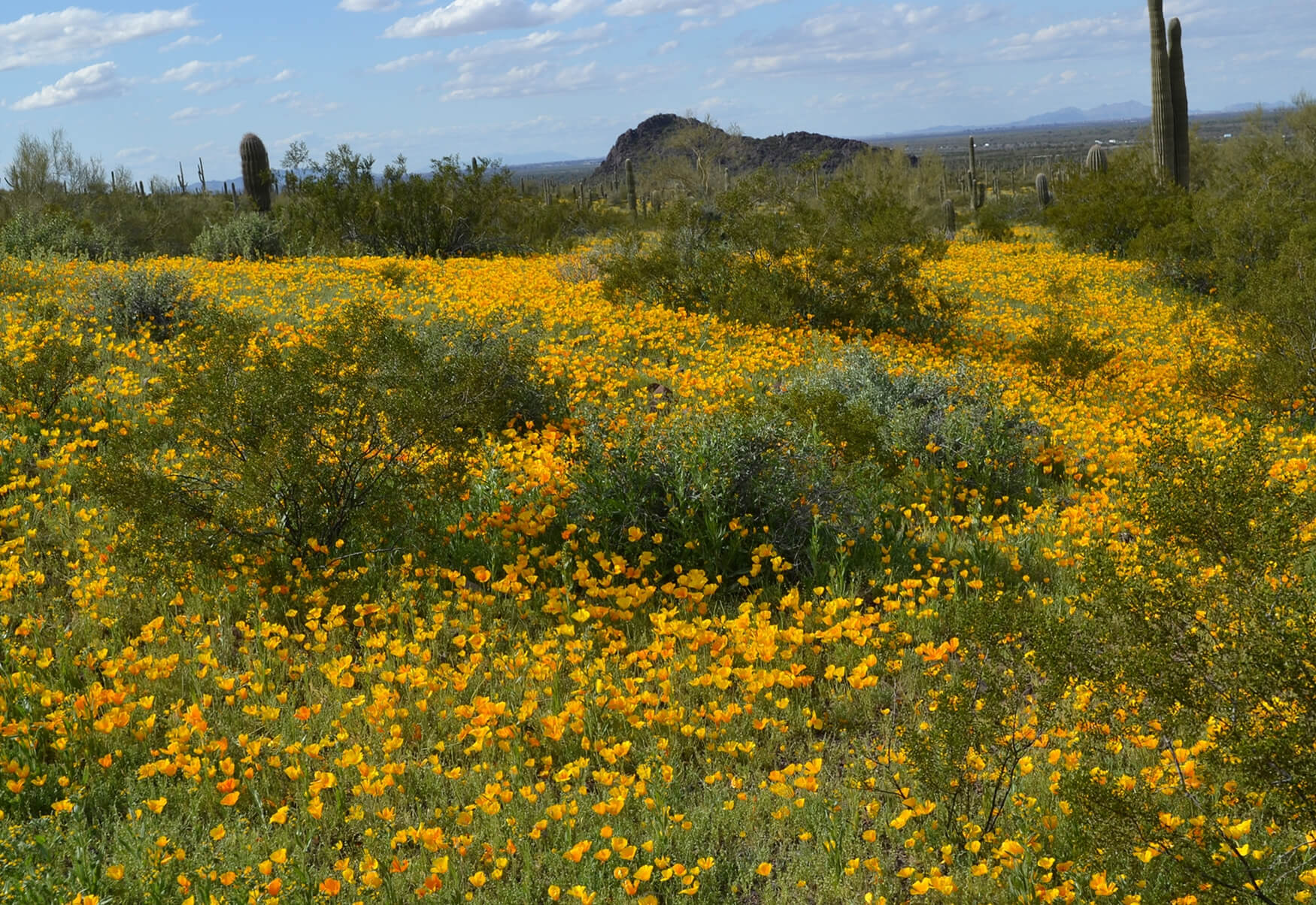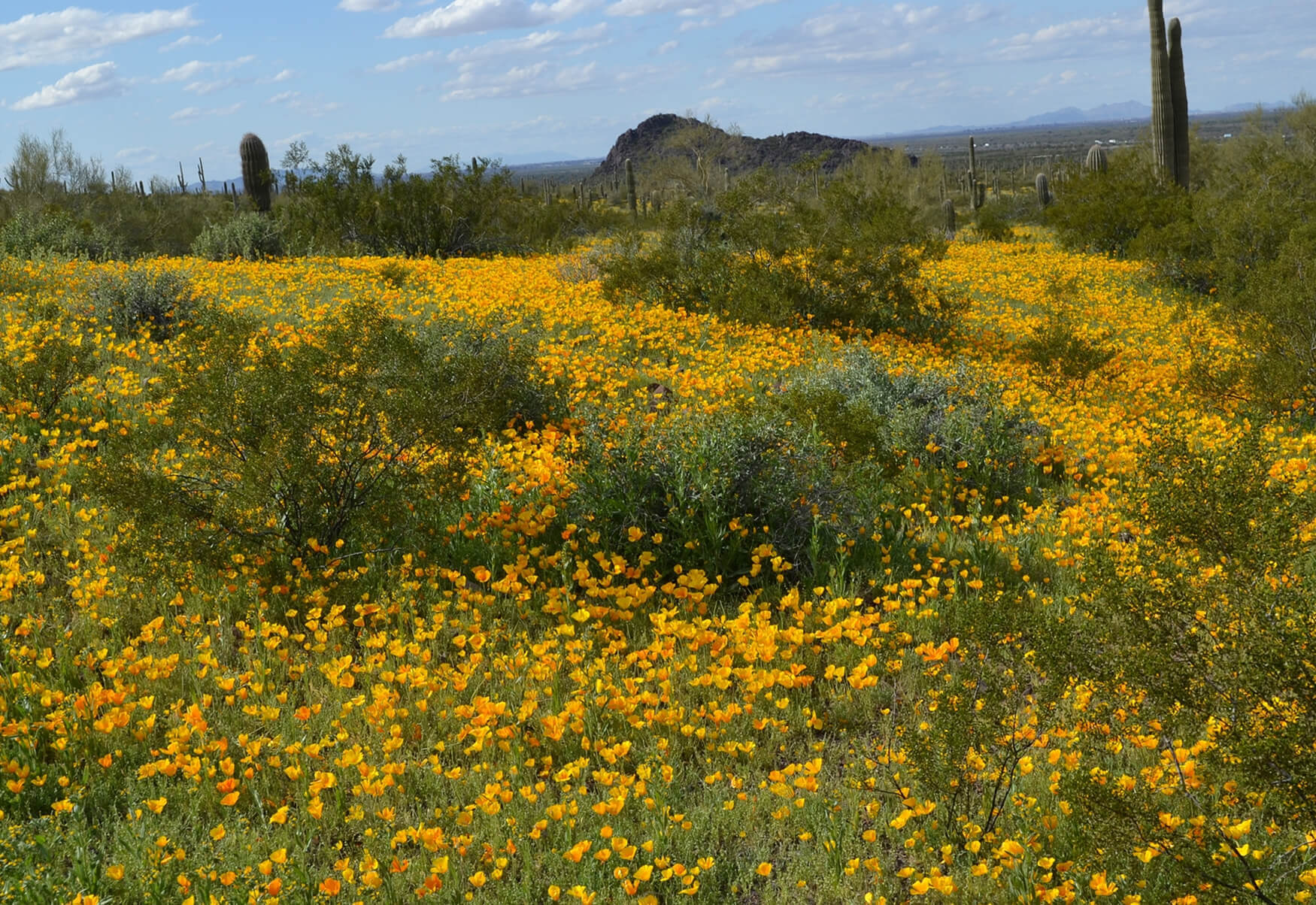God Reveals Himself in Creation
Genesis 1 (NIV)
"1 In the beginning God created the heavens and the earth. 2 The earth was without form, and void; and darkness [a]was on the face of the deep. And the Spirit of God was hovering over the face of the waters.
3 Then God said, “Let there be light”; and there was light. 4 And God saw the light, that it was good; and God divided the light from the darkness. 5 God called the light Day, and the darkness He called Night. [b]So the evening and the morning were the first day.
6 Then God said, “Let there be a [c]firmament in the midst of the waters, and let it divide the waters from the waters.” 7 Thus God made the firmament, and divided the waters which were under the firmament from the waters which were above the firmament; and it was so. 8 And God called the firmament Heaven. So the evening and the morning were the second day. 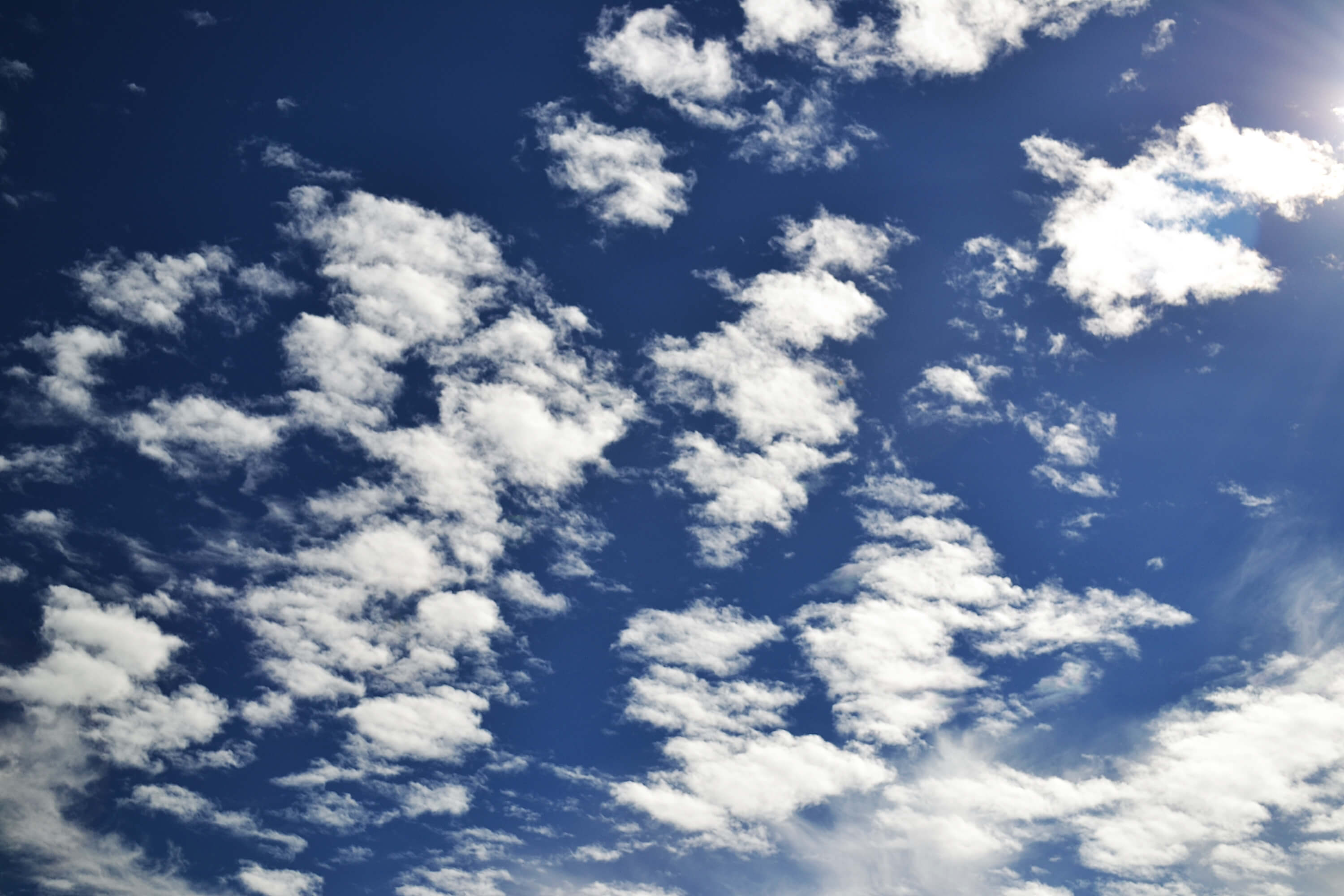

9 Then God said, “Let the waters under the heavens be gathered together into one place, and let the dry land appear”; and it was so. 10 And God called the dry land Earth, and the gathering together of the waters He called Seas. And God saw that it was good.
11 Then God said, “Let the earth bring forth grass, the herb that yields seed, and the fruit tree that yields fruit according to its kind, whose seed is in itself, on the earth”; and it was so. 12 And the earth brought forth grass, the herb that yields seed according to its kind, and the tree that yields fruit, whose seed is in itself according to its kind. And God saw that it was good. 13 So the evening and the morning were the third day. 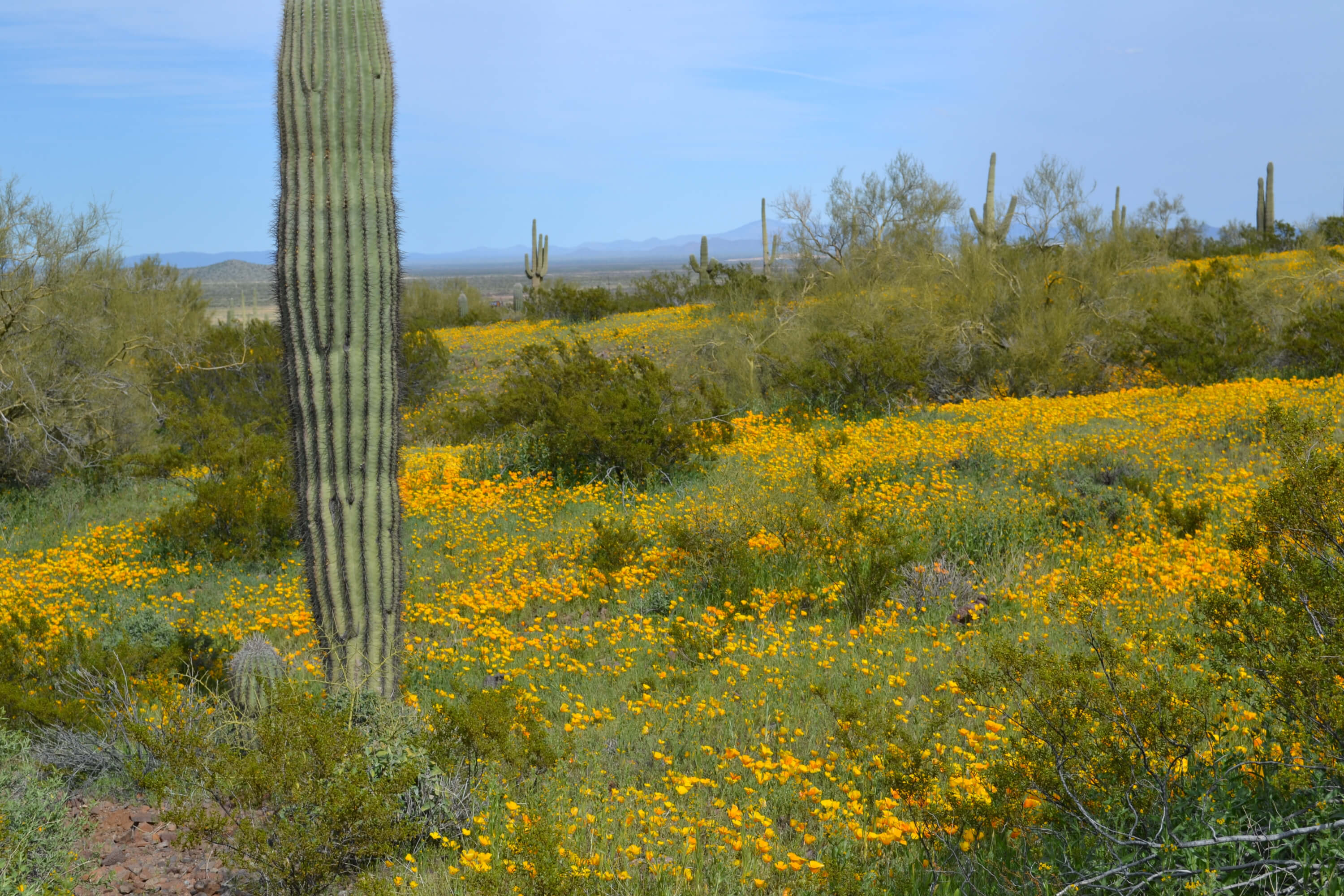

14 Then God said, “Let there be lights in the firmament of the heavens to divide the day from the night; and let them be for signs and seasons, and for days and years; 15 and let them be for lights in the firmament of the heavens to give light on the earth”; and it was so. 16 Then God made two great [d]lights: the greater light to rule the day, and the lesser light to rule the night. He made the stars also. 17 God set them in the firmament of the heavens to give light on the earth, 18 and to rule over the day and over the night, and to divide the light from the darkness. And God saw that it was good. 19 So the evening and the morning were the fourth day.
20 Then God said, “Let the waters abound with an abundance of living [e]creatures, and let birds fly above the earth across the face of the [f]firmament of the heavens.” 21 So God created great sea creatures and every living thing that moves, with which the waters abounded, according to their kind, and every winged bird according to its kind. And God saw that it was good. 22 And God blessed them, saying, “Be fruitful and multiply, and fill the waters in the seas, and let birds multiply on the earth.” 23 So the evening and the morning were the fifth day. 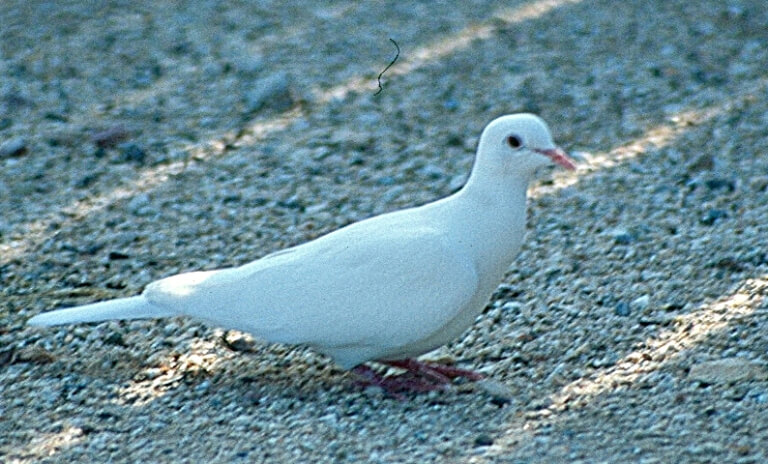

24 Then God said, “Let the earth bring forth the living creature according to its kind: cattle and creeping thing and beast of the earth, each according to its kind”; and it was so. 25 And God made the beast of the earth according to its kind, cattle according to its kind, and everything that creeps on the earth according to its kind. And God saw that it was good. 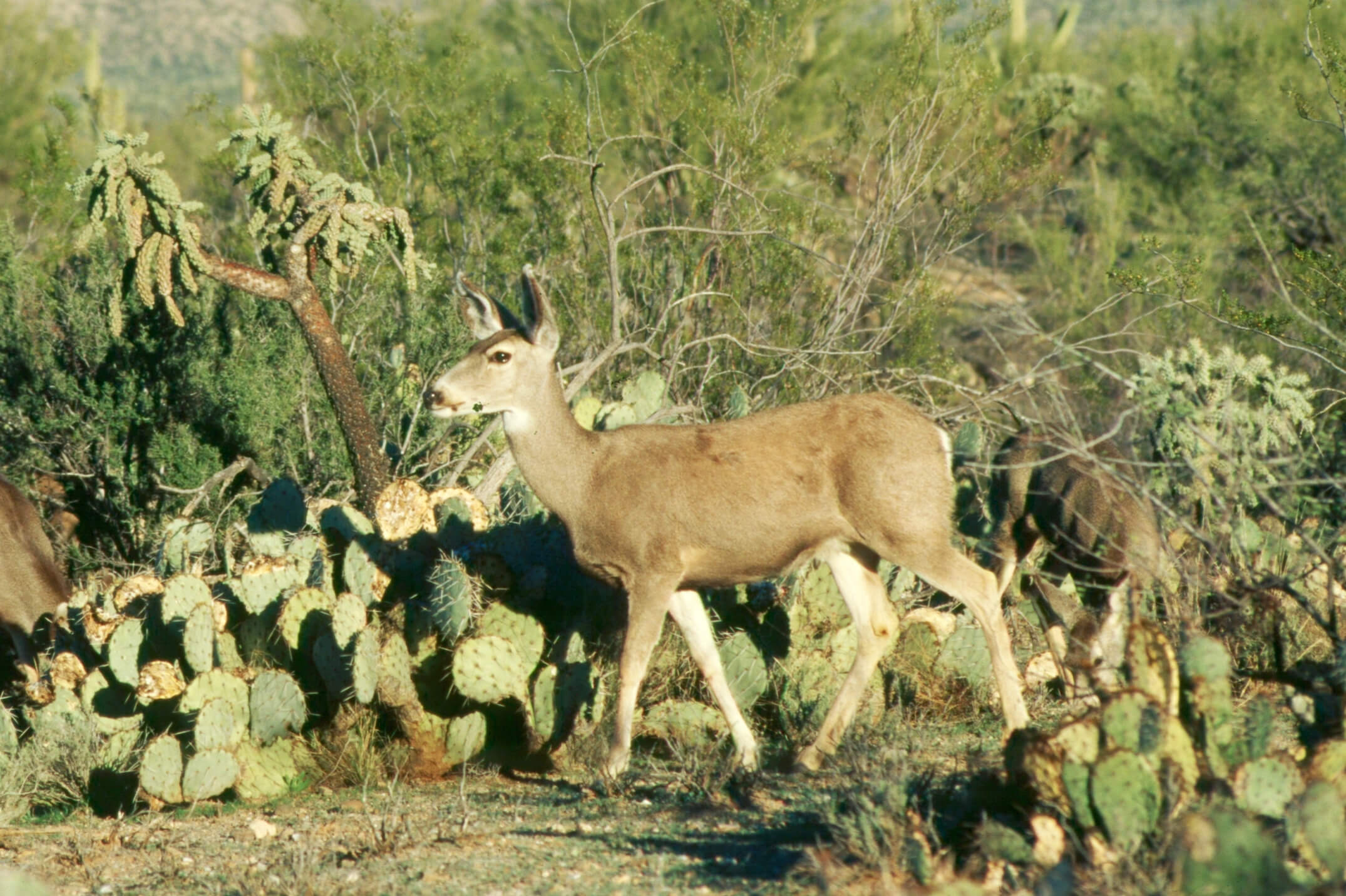

26 Then God said, “Let Us make man in Our image, according to Our likeness; let them have dominion over the fish of the sea, over the birds of the air, and over the cattle, over [g]all the earth and over every creeping thing that creeps on the earth.” 27 So God created man in His own image; in the image of God He created him; male and female He created them. 28 Then God blessed them, and God said to them, “Be fruitful and multiply; fill the earth and subdue it; have dominion over the fish of the sea, over the birds of the air, and over every living thing that [h]moves on the earth.”
29 And God said, “See, I have given you every herb that yields seed which is on the face of all the earth, and every tree whose fruit yields seed; to you it shall be for food. 30 Also, to every beast of the earth, to every bird of the air, and to everything that creeps on the earth, in which there is [i]life, I have given every green herb for food”; and it was so. 31 Then God saw everything that He had made, and indeed it was very good. So the evening and the morning were the sixth day" (NKJV).
God Builds Relationship Through Creation
Genesis 2 (NIV)
2 Thus the heavens and the earth were completed in all their vast array.
2 By the seventh day God had finished the work he had been doing; so on the seventh day he rested from all his work. 3 Then God blessed the seventh day and made it holy, because on it he rested from all the work of creating that he had done.
Adam and Eve
4 This is the account of the heavens and the earth when they were created, when the Lord God made the earth and the heavens.
5 Now no shrub had yet appeared on the earth[a] and no plant had yet sprung up, for the Lord God had not sent rain on the earth and there was no one to work the ground, 6 but streams[b] came up from the earth and watered the whole surface of the ground. 7 Then the Lord God formed a man[c] from the dust of the ground and breathed into his nostrils the breath of life, and the man became a living being.
8 Now the Lord God had planted a garden in the east, in Eden; and there he put the man he had formed. 9 The Lord God made all kinds of trees grow out of the ground—trees that were pleasing to the eye and good for food. In the middle of the garden were the tree of life and the tree of the knowledge of good and evil.

10 A river watering the garden flowed from Eden; from there it was separated into four headwaters. 11 The name of the first is the Pishon; it winds through the entire land of Havilah, where there is gold. 12 (The gold of that land is good; aromatic resin[d] and onyx are also there.) 13 The name of the second river is the Gihon; it winds through the entire land of Cush.[e] 14 The name of the third river is the Tigris; it runs along the east side of Ashur. And the fourth river is the Euphrates.
15 The Lord God took the man and put him in the Garden of Eden to work it and take care of it. 16 And the Lord God commanded the man, “You are free to eat from any tree in the garden; 17 but you must not eat from the tree of the knowledge of good and evil, for when you eat from it you will certainly die.”
18 The Lord God said, “It is not good for the man to be alone. I will make a helper suitable for him.”

19 Now the Lord God had formed out of the ground all the wild animals and all the birds in the sky. He brought them to the man to see what he would name them; and whatever the man called each living creature, that was its name. 20 So the man gave names to all the livestock, the birds in the sky and all the wild animals.
But for Adam[f] no suitable helper was found. 21 So the Lord God caused the man to fall into a deep sleep; and while he was sleeping, he took one of the man’s ribs[g] and then closed up the place with flesh. 22 Then the Lord God made a woman from the rib[h] he had taken out of the man, and he brought her to the man. 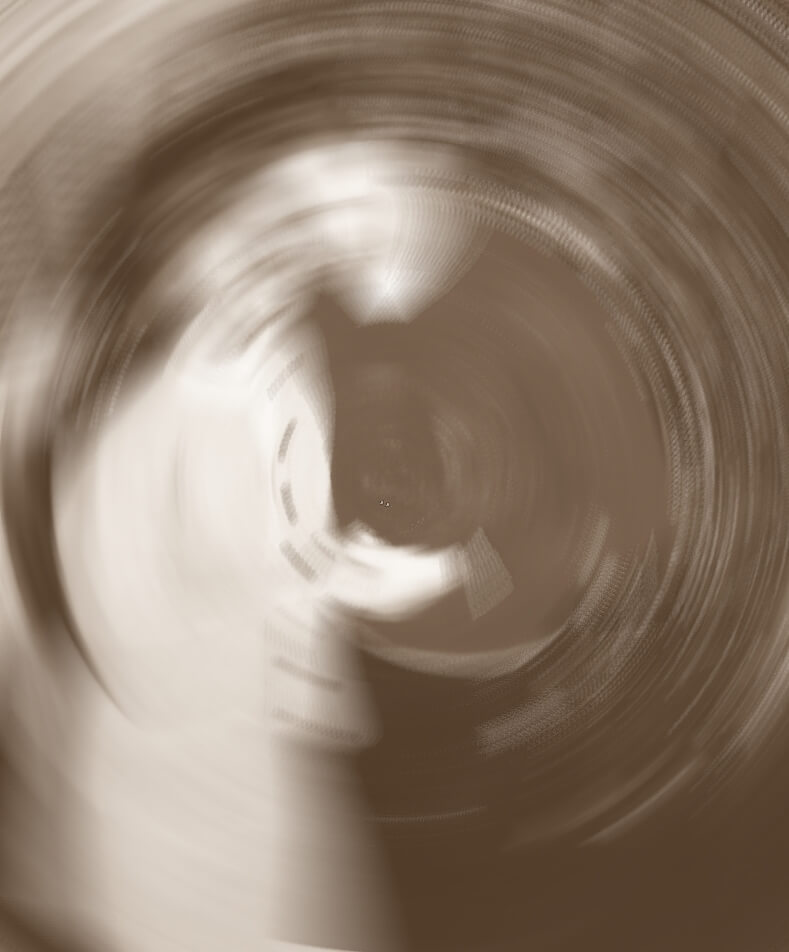

23 The man said, “This is now bone of my bones
and flesh of my flesh;
she shall be called ‘woman,’
for she was taken out of man.”
and flesh of my flesh;
she shall be called ‘woman,’
for she was taken out of man.”
24 That is why a man leaves his father and mother and is united to his wife, and they become one flesh.
25 Adam and his wife were both naked, and they felt no shame."
